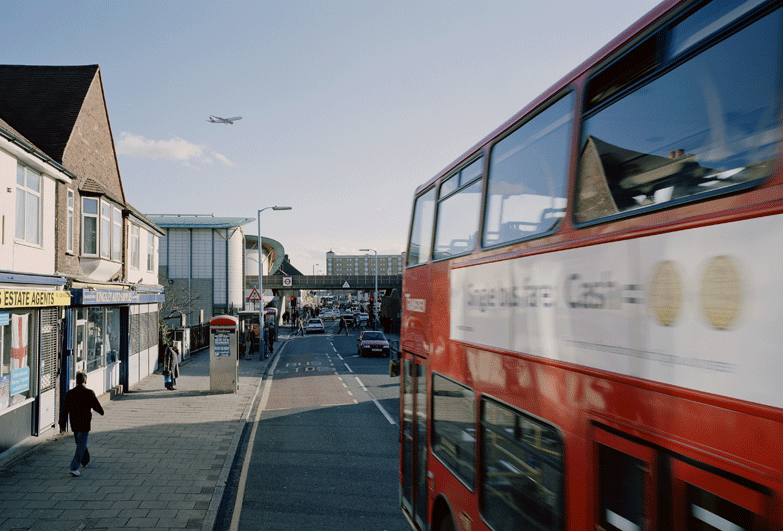Disclaimer: This article is more than 7 years old, and may not include the most up-to-date information or statistics. Please verify information with more recent sources as needed, and if you have any questions contact our Press Office.
7 October 2016
Director, Aidan McQuade, on how Brexit could affect how Britain and Europe tackle human trafficking

Before the referendum, Anti-Slavery International had raised concerns about the potential negative consequences of a ‘leave’ vote in the Brexit referendum on human trafficking and our work to tackle that.
The post Brexit political and economic chaos has not done much to alleviate our concerns. These remain in three particular areas.
The first one is protection of victims whose immigration status might change post-exit.
The research done by Anti-Slavery confirmed that people with irregular migration status in the UK are over four times less likely to be identified as victims of trafficking, and as a consequence not provided with relevant support and protection. This in turn leads to the crime of trafficking not being recognised, with perpetrators being left free to carry on as normal, and victims often being re-trafficked.
The exit from the EU potentially places a whole new category of trafficking victims in a precarious position if the right to reside in the UK is removed from citizens of other European countries.
This could also lead to increased risks for vulnerable UK citizens who find themselves trafficked into other parts of Europe – contrary to common presumptions this does happen – as other EU countries are likely to reciprocate any UK measures that adversely affect their nationals.
Secondly, given the transnational nature of trafficking, it has long been recognised that it cannot be countered without extensive international collaboration. As a consequence of Brexit, the UK is unlikely to remain part of Europol, Eurojust, and other Europe-wide criminal justice collaboration tools such as the European Arrest Warrant.
To put it into context, the UK has been one of the most active Eurojust members and since 2011 was involved in sixteen Joint Investigation Teams on trafficking in human beings.
The third area of our concern is the loss of the vital connection between the UK and the rest of Europe, holding each other to account.
On one hand, we will lose the positive effects of Britain being accountable to European legal framework and standards, such as the EU Anti-Trafficking Directive, which Anti-Slavery doggedly and ultimately successfully campaigned that the UK should opt into.
On the other hand, it will be harder for Britain to positively influence other European countries on anti-slavery policies such as the wider application of supply chain transparency provisions introduced in the UK’s Modern Slavery Act, meaning that British business could be disadvantaged by some less scrupulous European competitors.
Now that the Brexit vote has happened, the environment in which Anti-Slavery International works to tackle slavery has been made considerably harder.
We will continue to pull together to ensure that our efforts over the years to improve Britain’s and Europe’s response to modern slavery don’t go to waste. But for that, we will need your support more than ever.
Follow Aidan on Twitter: @the_mcquade

Keep up to date
Receive regular updates on modern slavery and our campaigns straight to your inbox





